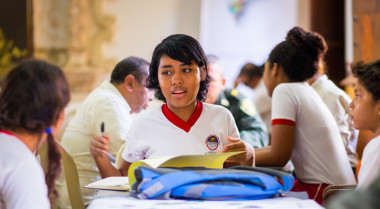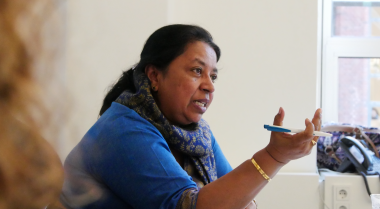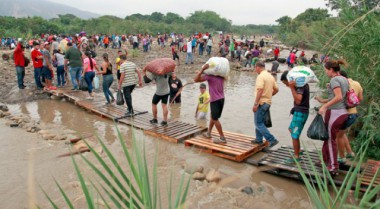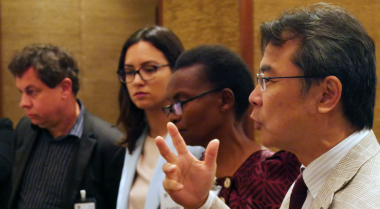Dialogue and Mediation
Dialogue has also proven to be an efficient tool in relieving tensions, removing prejudices, building trust, and mediating grievances. Civil society plays a vital role in the process of rebuilding trust and enabling dialogue and collaboration between communities and societies polarized by conflict.
Challenges and Opportunities
The nature of conflict is changing, involving states as well as non-state actors. Conflict leads to complexities which cannot be addressed by states alone. We need more dialogues, new forms of networking, coalition-building and cross-sector collaboration to tackle current challenges. Civil society plays an invaluable role in this.
Our Approach
GPPAC members are often in a unique position to convene different actors to engage and facilitate dialogue processes at subnational, national as well as regional levels due to their cultural and political insights as well as local connections. They use dialogue and mediation as a means for conflict prevention, to decrease tensions during the conflict, or for reconciliation in a post-conflict context. Three examples of our work include:
- The regional Ulaanbaatar Process: launched in 2015, it promotes effective Track 2 dialogue towards regional peace and security on the Korean Peninsula, and is the only ongoing process involving the participation of representatives from both North and South Korea and the United States.
- The national Philippines peace process: since 2000, members in the Philippines have supported the peace process between the Government and the National Democratic Front by ensuring broader support for it and providing space for civil society views to be included in the talks.
- Colombian peace deal and subnational dialogues: following the 2016 peace deal, members in Colombia promoted intergenerational dialogues in some of the communities most affected by violence across the country, empowering them to become more resilient, reducing mistrust within them, articulating a common vision for the reconciliation process and teaching peaceful resolution to conflicts.




